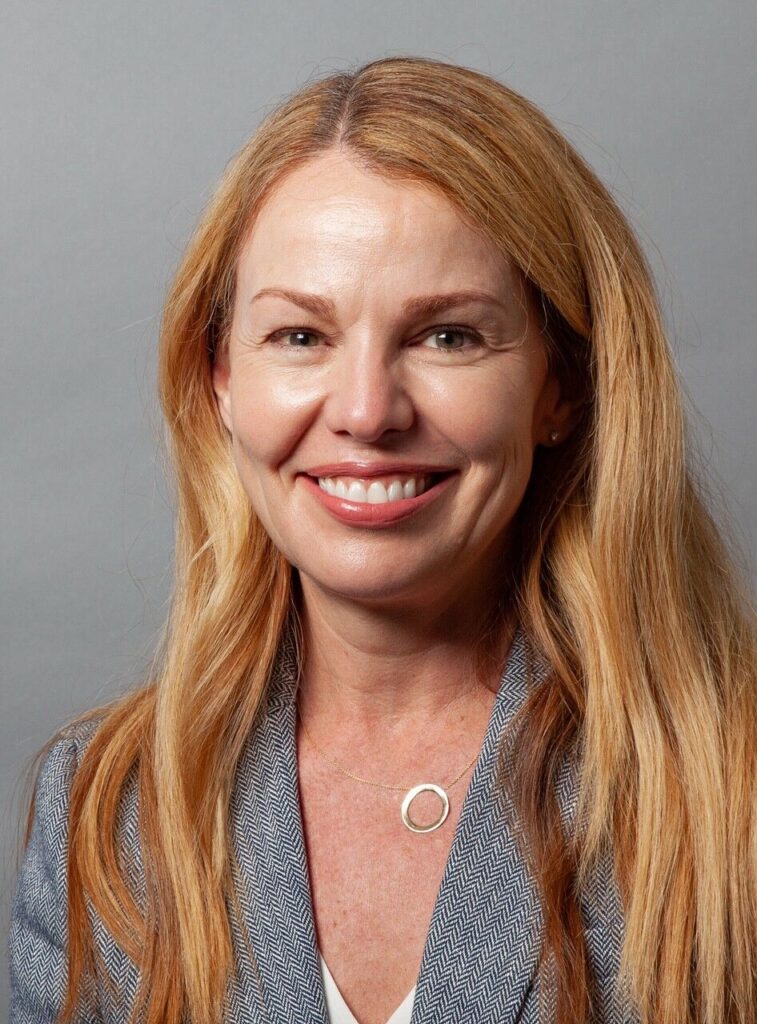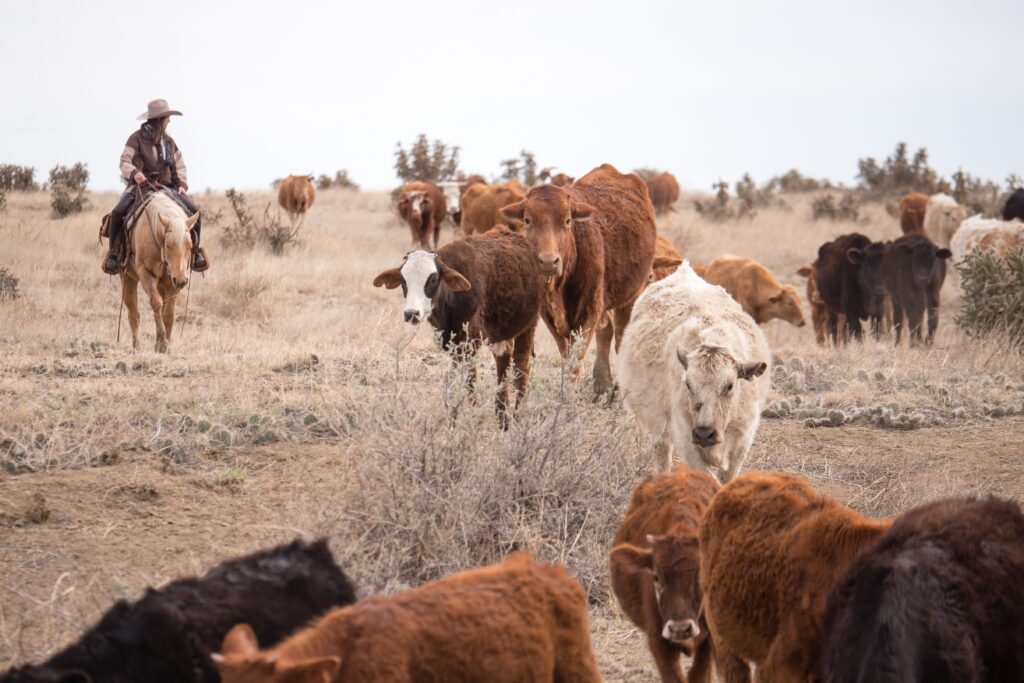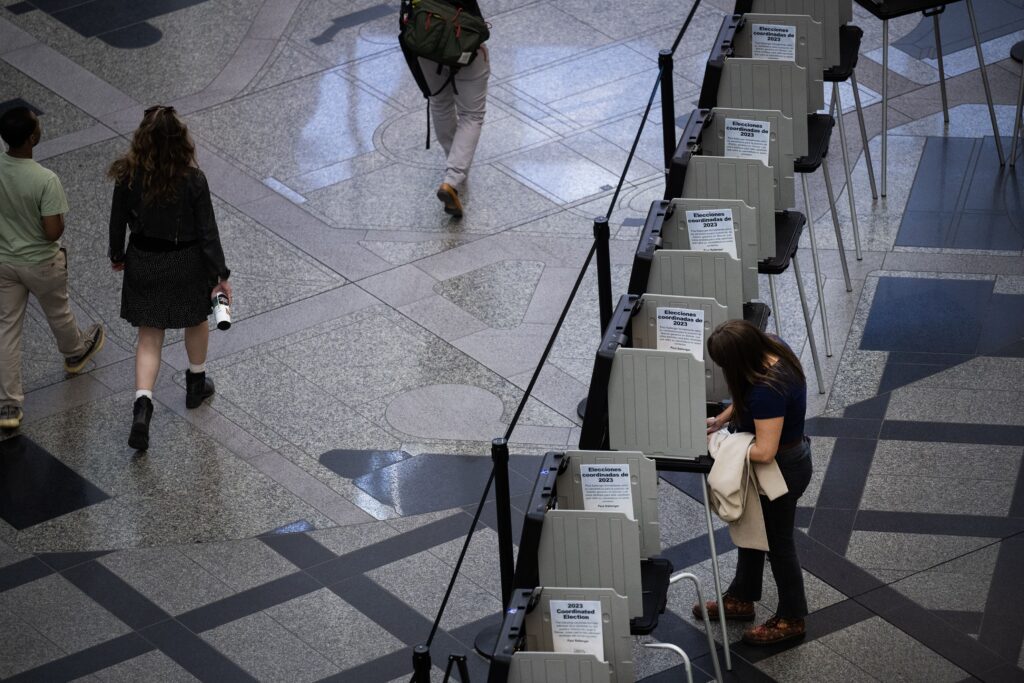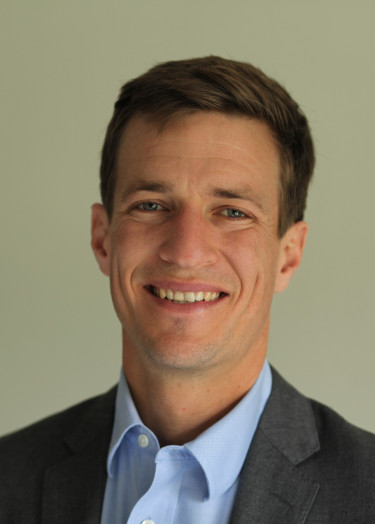No such thing as a free lunch — especially in Colorado
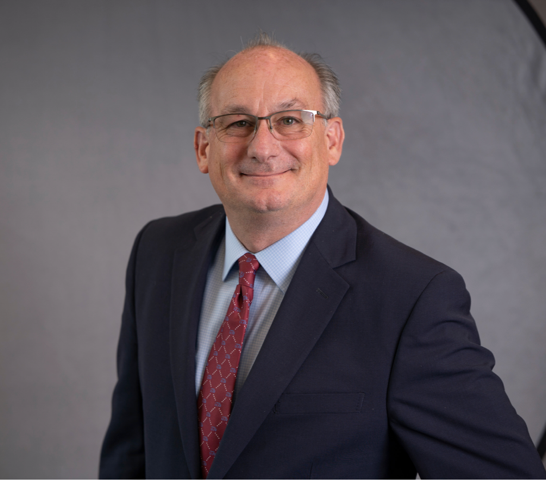
By Greg Schaller
Colorado Public Radio recently ran a story celebrating the state’s “free lunch” program for schoolchildren. It featured joyful kids, wildly supportive administrators and teachers, and a tone of achievement. Who could object to something called “Hunger Free Colorado”?
But the story missed a simple and inconvenient truth: there is no such thing as a free lunch.
Every meal served through Colorado’s taxpayer-funded program is paid for by someone, namely, the citizens of Colorado. Initially, these programs were strictly available for families who qualified for subsidized meals until 2022 when the “Healthy School Meals for All” initiative passed and was implemented in the 2023-2024 school year. This initiative provides every student — regardless of family income – can eat for free in participating districts.
As of the 2024-2025 school year, 45% of the 881,065 students enrolled in Colorado were eligible for free and reduced lunch. Today, the state provides free breakfast and lunch each school day to more than 600,000 — more than 68% of all students.
This fall, Coloradans will be asked to go even further. Propositions LL and MM would raise taxes on high-income earners to fund an expansion of the program and to cover rising costs. Supporters say this will ensure “no child goes hungry.” The language is noble, but it’s also deeply misleading.
The first problem is one of economic honesty. The meals may be free to the children who eat them, but they are not free to the taxpayers who fund them. The money must come from somewhere, and, in this case, it will come from higher taxes on Coloradans who already bear a growing share of the state’s fiscal burden.
During a five-minute story broadcast on Oct. 20, CPR made 25 references to the “free” meals provided with one student commenting: “I love that it’s free… When it wasn’t free, my mom was kind of homeless. We were kind of on a budget and it was hard to eat here. But now it’s free and I can eat for free.”
Though we can be grateful this child has access to well-balanced meals, it comes at the expense of basic economics. And we should be honest enough to say so.
The government is not a magical source of resources; it is a mechanism for redistributing them. That redistribution might be justified, but it should never be hidden behind comforting slogans or euphemisms. To call something “free” when it is plainly not is to obscure the real cost and the real tradeoffs citizens must make when evaluating proposed tax initiatives.
The second problem is cultural and civic. What message do we send to children when we tell them their lunch is “free”? What lesson are we teaching about work, gratitude and personal responsibility?
We all agree no child should go hungry. Children cannot be held responsible for their family’s financial circumstances. But there is a broader question we must also ponder: What kind of civic culture are we cultivating when government replaces parental responsibility as a matter of routine? The answer to this question risks the weakening of the moral fabric that sustains self-reliant families and communities.
We should be wary of what economist Thomas Sowell called the “vision of the anointed:” the belief social problems can be solved if only government experts are given enough resources and control. Programs like “Hunger Free Colorado” are born of compassion, but they can easily slide into paternalism. Over time, they teach not gratitude, but entitlement.
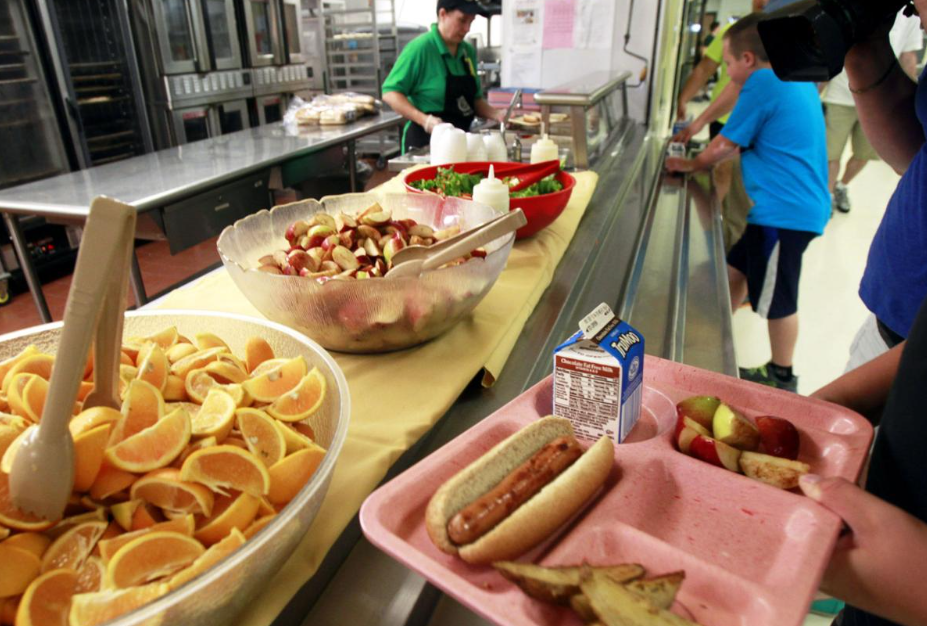
That lesson begins early. When children grow up believing meals, health care or housing simply appear because government provides them, they are less likely to appreciate the invisible network of taxpayers, workers and parents who make those goods possible. They are less likely to see themselves as future providers, and more likely to see themselves as perpetual recipients.
There’s also a moral cost to pretending someone else’s sacrifice doesn’t exist. A parent who works extra hours to pay the taxes that fund these programs is contributing to the community. But if the system never acknowledges that act of generosity — if it tells children instead their food is “free” — then it teaches both sides a falsehood.
This isn’t an argument for abandoning the needy. It’s an argument for truthfulness, accountability, and a healthier moral economy. Charity and public support for struggling families have their place. But a culture that confuses compassion with dependency will, over time, undermine both.
So, as voters consider Propositions LL and MM ahead of Nov. 4, we should ask two questions. First: is the economic cost worth the benefit? And second: what kind of citizens are we shaping when we teach a generation that lunch, and by extension, much else in life, comes “free”?
The children may not pay for their lunches today, but they will pay the price tomorrow — especially when we forget that someone will always foot the bill.
Greg Schaller serves as the director of the Centennial Institute, the conservative think-tank of Colorado Christian University. He has taught politics at CCU, Villanova University and St. Joseph’s University. He holds a B.A. in political science and history from Eastern University and an M.A. in political science from Villanova University.




